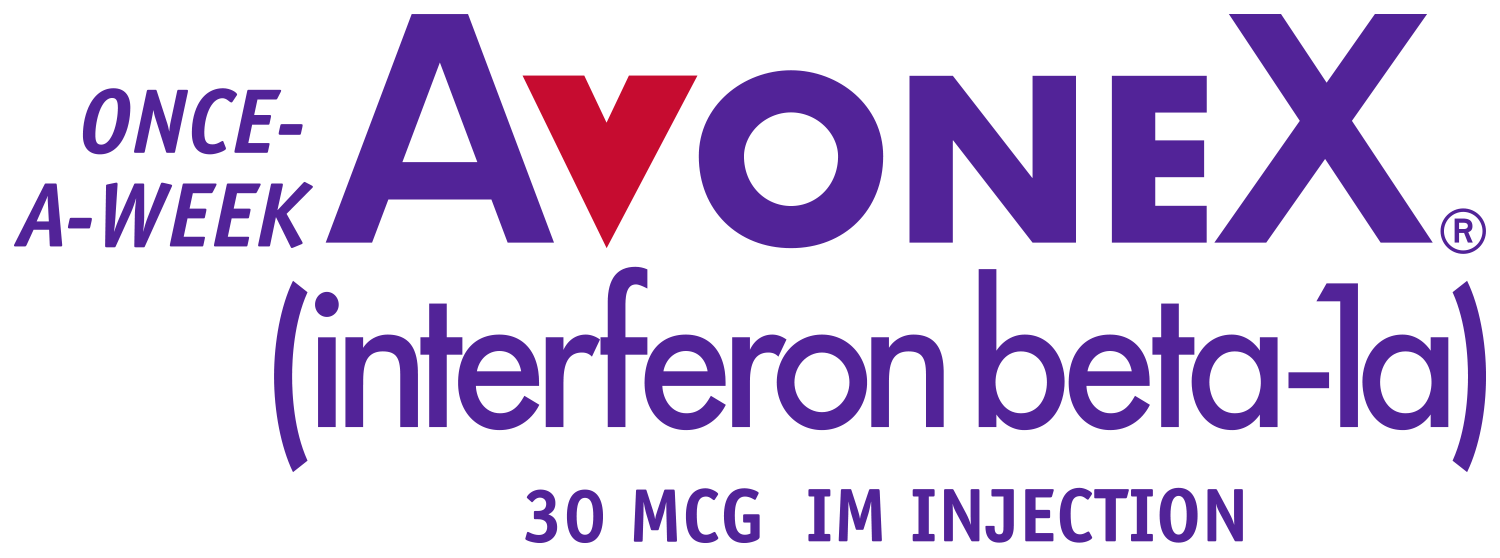Why AVONEX
AVONEX is a once-a-week injectable treatment for relapsing multiple sclerosis (MS). It has been prescribed to over 600,000 people worldwide since its approval in 1996. Today it is the #1 prescribed interferon for relapsing MS.†
- /content/dam/commercial/multiple-sclerosis/avonex/pat/en_us/images/pages/whyavonex/20years-icon-ast.png
- /content/dam/commercial/multiple-sclerosis/avonex/pat/en_us/images/pages/whyavonex/20years-icon.png
- /content/dam/commercial/multiple-sclerosis/avonex/pat/en_us/images/pages/whyavonex/20years-icon.png
†This information is an estimate derived from the use of information under license from the following IQVIA information service: IQVIA NPA® NBRx monthly data for the period January 2021-April 2023.
Explore more about AVONEX for relapsing MS
Understand the potential benefits
Get details about the serious and most common side effects
See additional information on use during pregnancy and lactation
Check out more about AVONEX
healthcare provider
Download a guide to help start a conversation with your healthcare provider about your relapsing MS treatment
If you’re considering AVONEX, get a head start on the process by taking this form to your next visit. It includes step-by-step instructions for you and your healthcare provider
